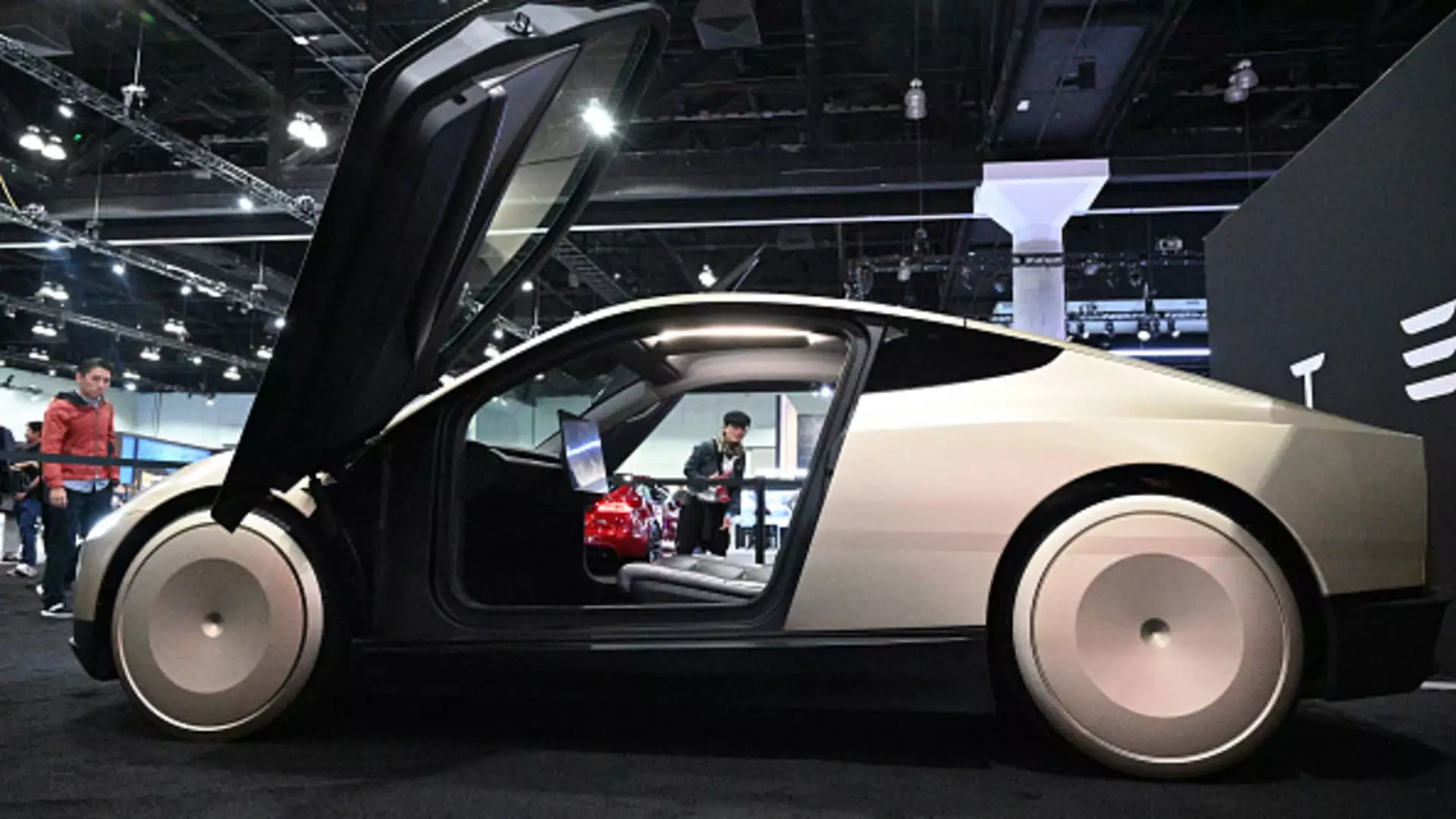As California steers into a future dominated by autonomous vehicles, the proposed regulations from the state’s Department of Motor Vehicles (DMV) signal a pivotal moment. The recent announcement of rules governing self-driving technology encompasses everything from light-duty robotaxis to massive driverless trucks, positioning California at the forefront of a technological revolution. However, while this endeavor is ambitious and necessary, it also raises critical questions about real-world readiness and safety that bear exploration.
The DMV asserts that these forthcoming regulations are “the nation’s most comprehensive rules,” championing public safety and innovation while laying a concrete framework for testing and deploying autonomous vehicles. Yet one must pause and question whether this ambitious declaration is merited or mere political posturing amidst an industry rife with uncertainties and unsettling track records. In many ways, California’s pursuit of advanced automotive technologies reflects a larger ideological battle: innovation versus pragmatism.
The Deep-Seated Issues of Trust and Safety
Tesla, a household name in electric vehicles and a lynchpin in the conversation surrounding autonomous technology, has long heralded the promise of self-driving cars. Elon Musk’s claims about achieving a fully autonomous vehicle have been met with skepticism, particularly given Tesla’s lack of the necessary permits for driverless deployment within California. The company’s turbulent history with regulatory measures paints a troubling backdrop to these new rules, especially as the DMV’s lawsuit against Tesla for deceptive marketing practices still looms large. This situation raises a fundamental question: Can we trust the self-driving promises being marketed to the public?
Considering the complex dynamics of AV safety, the enactment of regulations is both timely and crucial. But the challenge remains—how does one effectively balance the acceleration of technological advancements with the imperative of public safety? California’s approach to establishing a permit system that requires testing under human oversight is a welcome move, yet it begs for thorough, transparent evaluations of safety that transcend mere compliance.
The Competitive Landscape and Ethical Dilemmas
As industry competitors like Waymo and Zoox feverishly claim permits to operate within California’s borders, it’s clear that the race for self-driving supremacy is underway. While the state’s rigorous enforcement of regulations can encourage companies to prioritize safety and ethical considerations, it can also stifle innovation amid fears of red tape. There’s a palpable tension here, one that highlights the precarious balance between fostering technological growth and ensuring the public’s confidence in these vehicles.
Moreover, the implications of these regulations stretch beyond California’s borders. If the state is indeed crafting the most comprehensive rules for AVs, it raises the question of whether other jurisdictions will follow suit or outright resist similar measures. Autonomous technologies must be recognized as global innovations, and if California’s regulations hinder growth, we may see a divergence in policies that could lead to a disjointed AV ecosystem.
The Intersection of Data and Accountability
The new stipulations surrounding data-reporting requirements for autonomous vehicle manufacturers represent a significant discussion point. As technology grows, the ability to gather and interpret data in real-time becomes not just advantageous but fundamental. Mandating such requirements can enhance accountability—a move that acknowledges public concern while simultaneously pushing the AV industry to uphold standards of transparency.
Vehicles today don’t merely transport us; they collect vast amounts of data that can be invaluable in assessing performance and safety. However, there’s an ethical angle to consider too. Will this data be weaponized against manufacturers, or alternatively, will it serve to build a more robust dialogue around safety protocols? Consumers deserve clarity, and alongside regulations, there must be an ethical backbone to govern how data is used and shared.
In a world that is rapidly steering toward automation, California finds itself at a crossroads. As the state unveils comprehensive regulations aimed at ensuring safety, it also opens up a labyrinth of discussions about trust, accountability, and ethical considerations. The path toward a fully autonomous future should be paved with both optimism and caution, recognizing that while the journey is necessary, the stakes have never been higher.



Leave a Reply